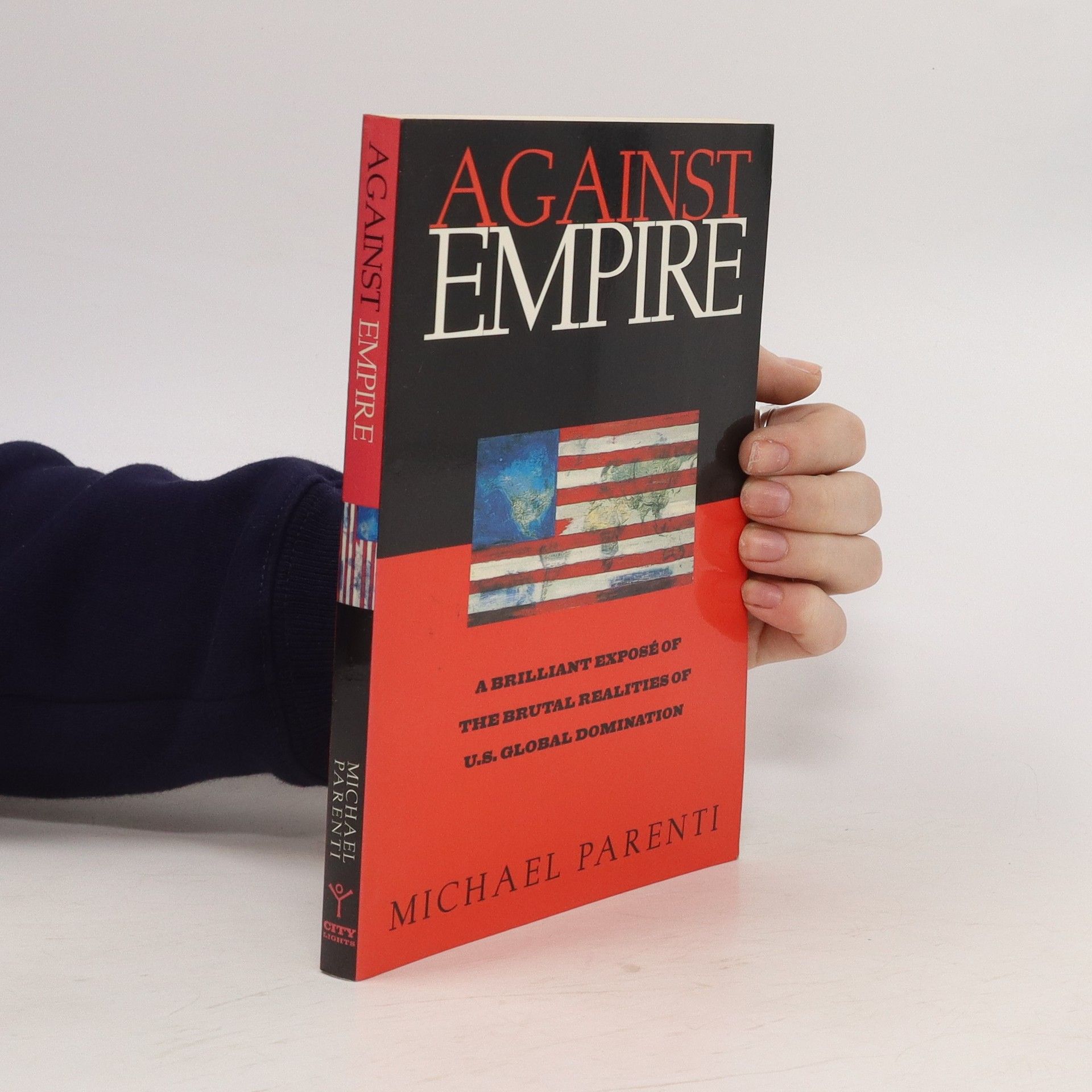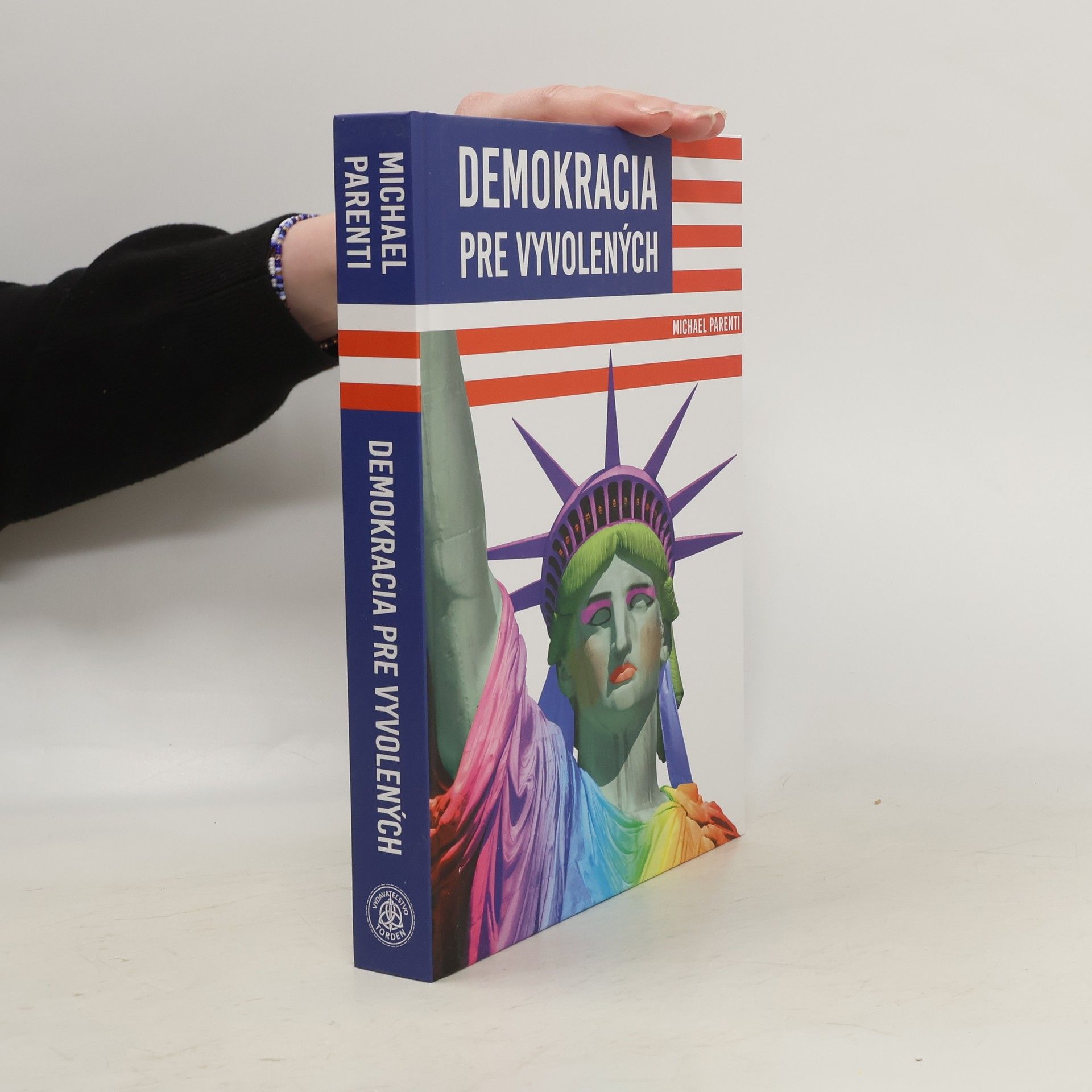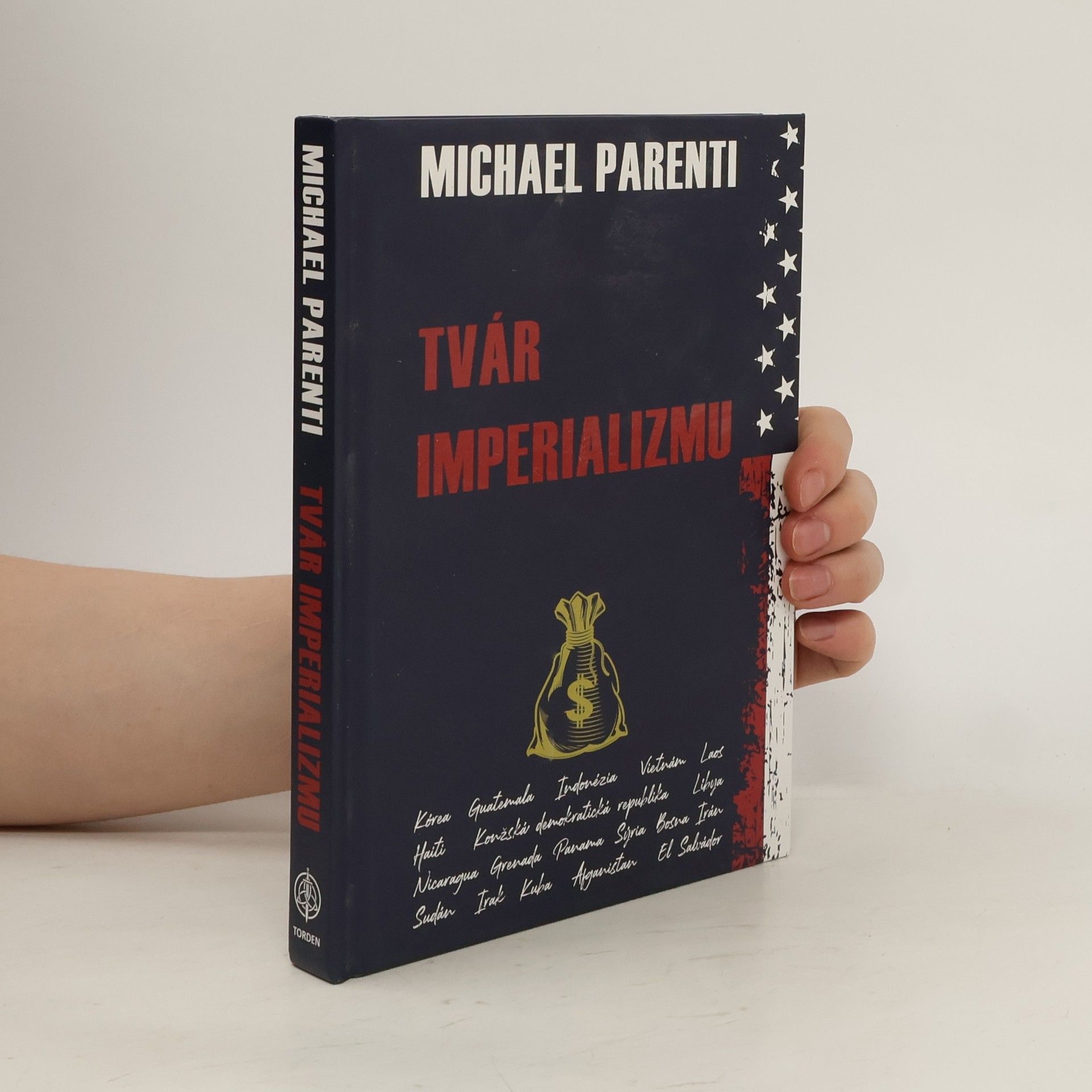Demokracia pre vyvolených
- 432 pages
- 16 hours of reading
Pútavé čítanie o tom, ako skutočne funguje vláda Spojených štátov amerických (SŠA). Parenti provokatívne kritizuje triednu moc v rámci tradičných politických inštitúcií a predstavuje tak odlišný pohľad na americký kapitalizmus. Ako funguje politický systém SŠA? Aké sú hlavné sily, ktoré formujú politický život v tejto krajine? Kto vládne v Spojených štátoch amerických? Koho záujmy chráni americká legislatíva? Kniha je nevšednou učebnicou o americkej vláde, s akou ste sa určite nestretli v školách ani v masmédiách. Ukazuje, ako je demokracia v SŠA (Spojené štáty americké) opakovane porušovaná korporátnymi oligopolmi. Ako sa radoví občania bránia a občas dosiahnu drobné víťazstvá aj napriek systému. Autor sa zameral na vzťah medzi ekonomickou a politickou mocou. Odhaľuje skutočné vládne praktiky a politiky, sprisahania, propagandu, podvody, tajomstvá a iné triky vlády. Parentiho provokatívna kritika triednej moci v rámci tradičných politických inštitúcií snáď podnieti diskusiu v triedach i medzi dospelými, a predstaví tak odlišný pohľad na americký kapitalizmus. Pútavé čítanie o tom, ako skutočne funguje vláda SŠA.






